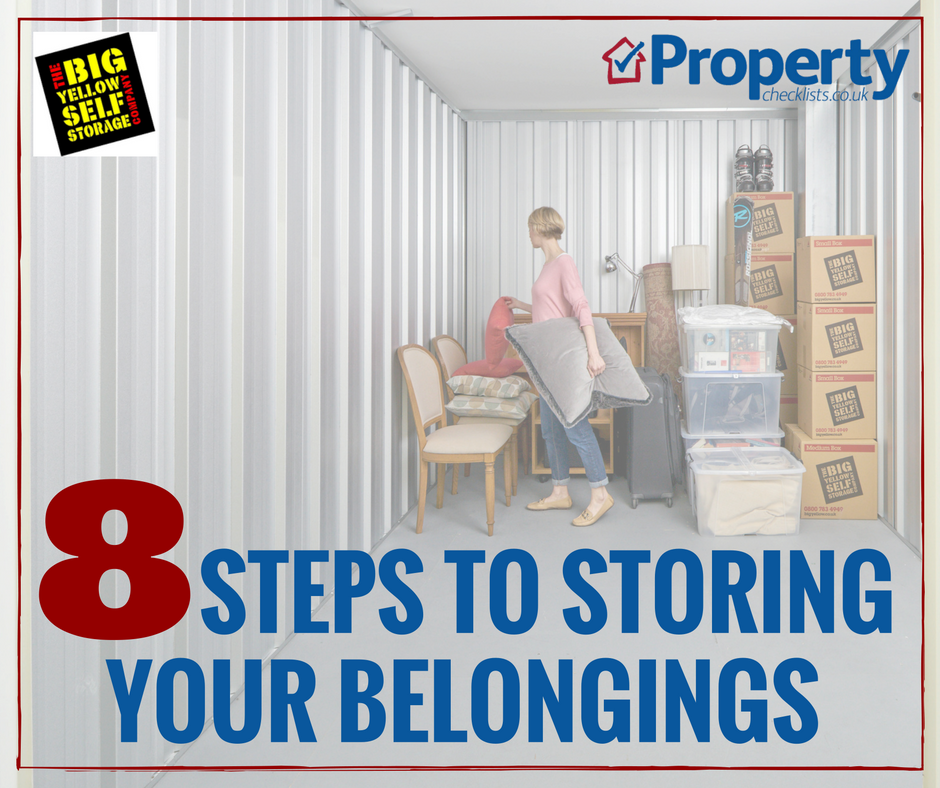It was great to be invited onto the new BBC1’s Your Money and Your Life with one of my housing heroes, Matt Allwright and meeting the lovely Kym Marsh.
As ever, we never seem to have enough time to take on some complex questions, but if you want the five minute version, you can view that here:-
And, for some quick general advice for potential buyers and sellers at this time:-
Current anecdotal information suggests the first market post ‘lockdown’ is quite buoyant and people are keen to move, with serious buyers/sellers offering/accepting fair prices.
I was with an agent that sold five properties in one week – they normally do that a month! The latest Rightmove stats are encouraging but I am treating any figures with caution at this stage.
This ‘spike’ is likely to slow down towards July/August as existing deals and new buyers/sellers are keen to move. We won’t know the true market until the Autumn time eg when furloughing stops/we have a better idea of what will happen economically.
The trick is when you buy, whatever is happening to the market, always have a backup plan if prices fall, which should be: never be forced to sell.
People should think more about the ‘cost’ of putting a roof over their head, not the price they pay.
So you’ve heard and seen my answers to some of the questions below, but here is the detail:-
1.Before the lockdown me and my fiancée were due to move, however since the Crisis of Covid-19 has happened, we are currently both on Universal Credit. I just want to know that are private landlords going to be more reasonable when it comes to accepting housing benefit tenants considering we’re pretty much all in the same boat right now.
Landlords don’t typically have an issue with tenants being on benefits, the problem is the benefits that are paid mean the landlord’s rent is typically at a higher risk than when letting to those who pay privately. For example, the Government have capped the amount that will be paid, so much so that some benefit tenants are having to ‘top up’ their rent themselves, although some good news is these caps were reviewed and most have been revised upwards, some by £255 per month (source: Resolution Foundation).
The second thing is Universal Credit can be stopped instantly if they think there is a problem with payment, and finally, if the amount paid to the tenant is considered ‘too high’ they can ‘clawback’ the money from the landlord.
In the past this has led to mortgage lenders saying ‘no DSS’ and also insurance companies. Although most lenders now accept landlords renting to those on benefits, some insurance companies still don’t, so the landlord may not actually be able to.
However, as a rise in unemployment is being predicted, this could make those on benefits less risky – their income is potentially less likely to disappear.
And for those currently suffering eg with a lack of students renting or Airbnb type rentals, it could mean more properties become available for those in need.
2. Hi, my name is Hannah and I am looking to buy my first home. I am concerned that after lockdown there will be limited availability for mortgages, and lenders will be more stringent on who they lend too. What will the options be for first time buyers after this? Thanks!
The number of mortgages and types of mortgages are changing almost daily, which is why it’s really useful to use a broker as they can keep an eye on new mortgages that might work better for you. Currently, there are only a handful of 90% mortgages available and those at 95% are restricted to schemes such as Help to Buy and shared ownership, with rates around 2-3%.
The Help to Buy new build scheme allows you to buy a property with a 5% deposit, and get a 20% loan from the Government free for five years, meaning you can access 75% loans to value. It’s not just for first time buyers, in England you can buy up to £600,000 even if you’ve owned before (there are different Help to Buy schemes in other countries).
3. We are due to move into our new property that we brought in January within the next two weeks. We haven’t exchanged contracts yet, and my partner has since been told he’s being made redundant. What would your advice be in this situation? Thank you! - Sue Steer
You HAVE to tell the lender unless you have another job lined up as it is a material change to your circumstances. If both salaries were needed to get the mortgage then it is unlikely it can be afforded on one salary.
Anything that affects your ability to repay the mortgage you have to tell your lender, especially redundancy, reduction in pay, if you are on furlough, perhaps with only 80% of your salary/up to £2,500 a month now being paid. Being pregnant is a tricky one, the lender can’t ask you, but they can ask if anything is going to happen to change your financial situation, in which case it’s wise to be honest.
Even if you think you can still afford the mortgage on one salary, you should still alert your broker/lender. If you are working with a broker, they can help with this and if the worst case happens and the offer is withdrawn, they may be able to find another lender that could help you. This will though take some weeks, so in this case may affect your timings.
Mortgage applications which need a physical valuation may take longer than those with a low loan to value.
4. Before lockdown I was in the process of selling a rental home as well as downsizing from my residence to buy a bungalow. Would you say now is the right time to proceed with this, or would it be better to now wait until next year? Thanks. - Hannah Dunn.
This really depends on the individual circumstances and whether you find the perfect bungalow or not. For those that have found the perfect next home, are planning to stay there for five, ten or more years (the average is 15-20 years) during this time, prices will go up, down and stay the same and if you can afford it, are not likely to be forced to sell there is no reason not to go ahead and sell/buy.
The other benefit to think about of selling both properties first is that on the day of completion of the bungalow if you only have one property, you shouldn’t have to pay the additional 3% Stamp Duty second home owners have to.
If though you can wait, see what the market is doing that might be a better option as coordinating two sales and a purchase is tricky at any time, let alone now!
However if you are buying and selling, the ‘hit’ is potentially less as you are likely to sell properties for less money, but pay less for the property you are buying (works financially trading up not so well trading down) BUT this isn’t always the case as in some areas bungalows are in short supply, likely to be bought with cash and you may have to compete for them, while your other properties may not be so popular.
My view on whether to move now or not is whatever is happening in the market, if you have the money, find the property you like, are not likely to be forced to sell and you need/want to move, you are likely to have made money from the other properties and it’s more important to come back to a property you are happy to live in and suits your circumstances rather than ‘time in and out of the market’, which is notoriously difficult to do.
Many should look at the cost of putting a roof over your head, not the price you pay – rates are likely to be at their lowest. In 6/12 months time we don’t know what will happen, and for some, they may look back and wish they had bought now.
Got a question, want an independent answer? Send me your query for free and we’ll get you an answer.
|
Big Yellow |
Drain maintenance and pipe repairs - Direct Line for Business |
Coreco |
 |
 |
 |